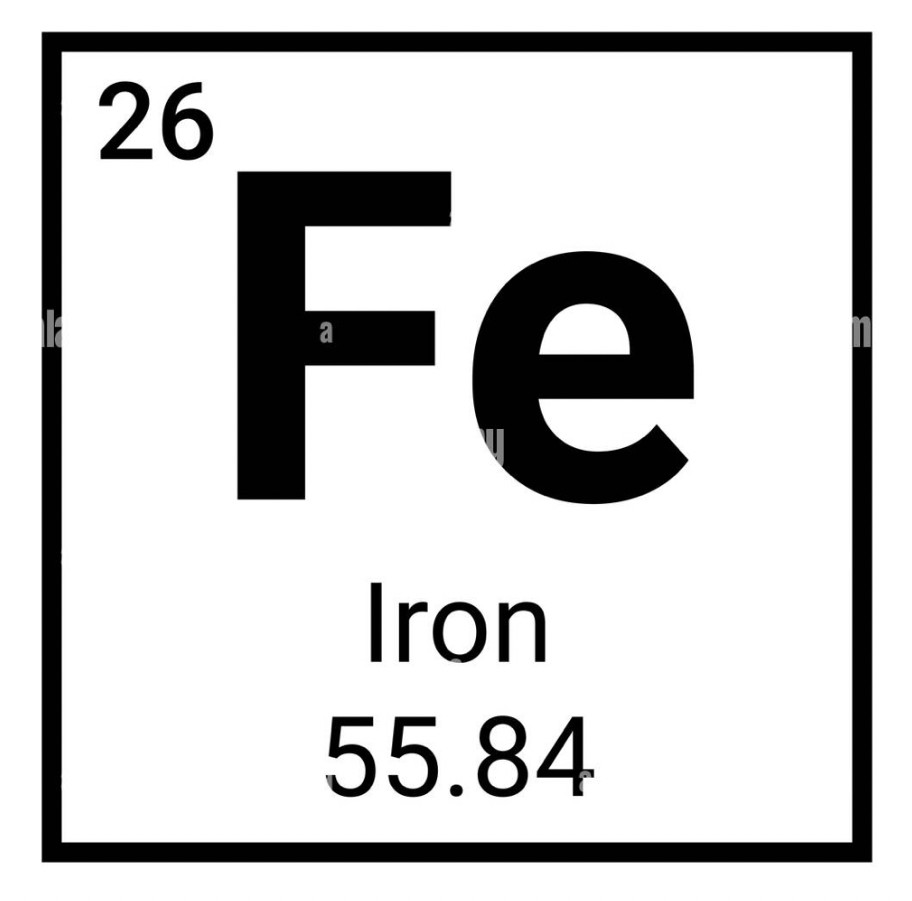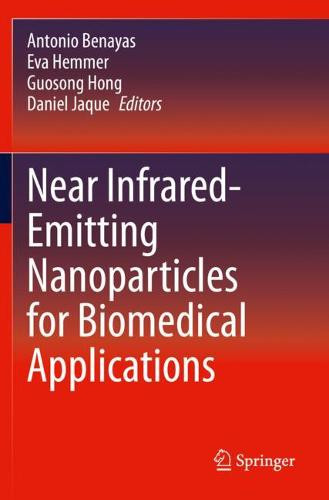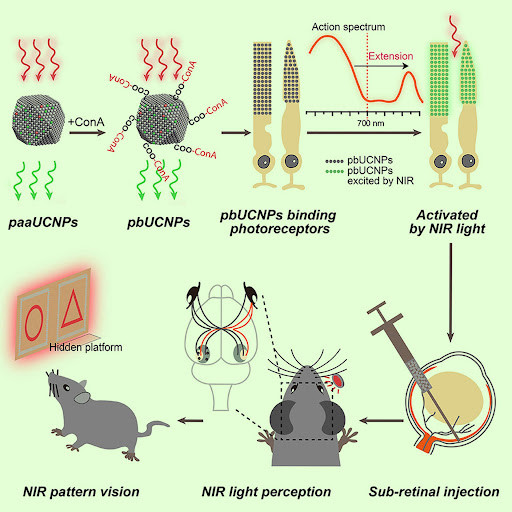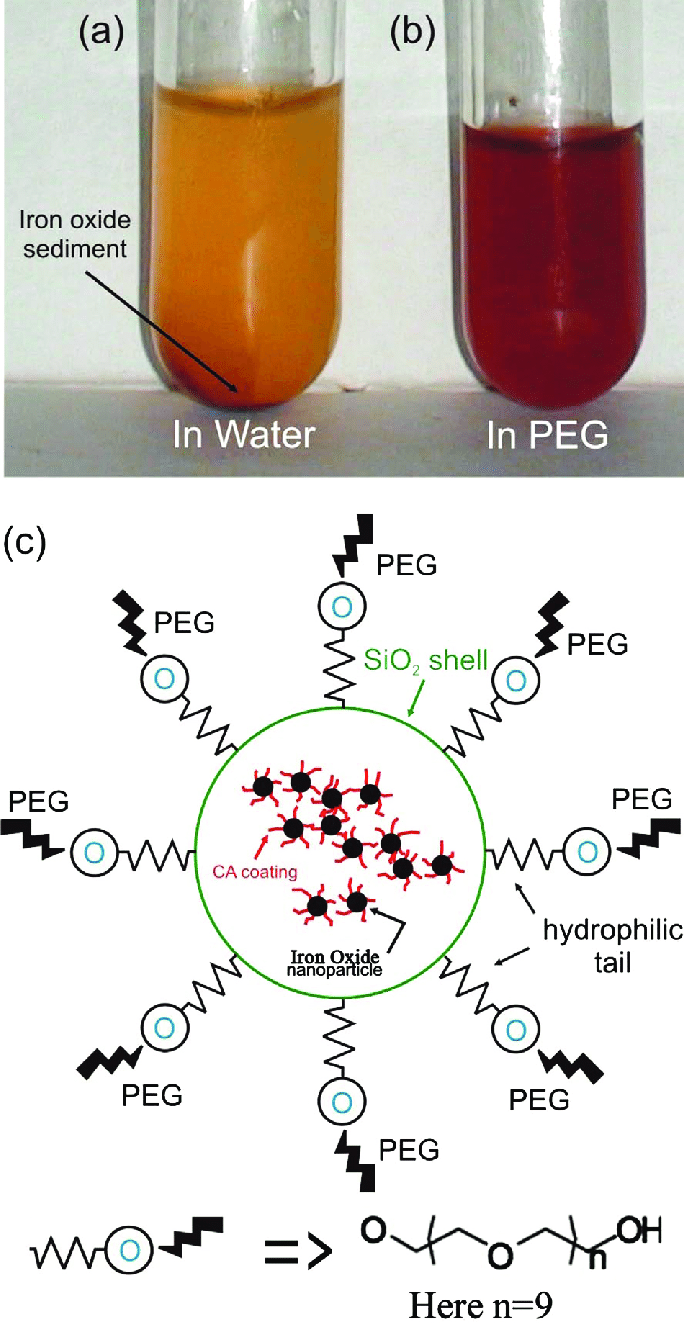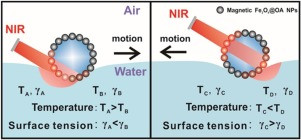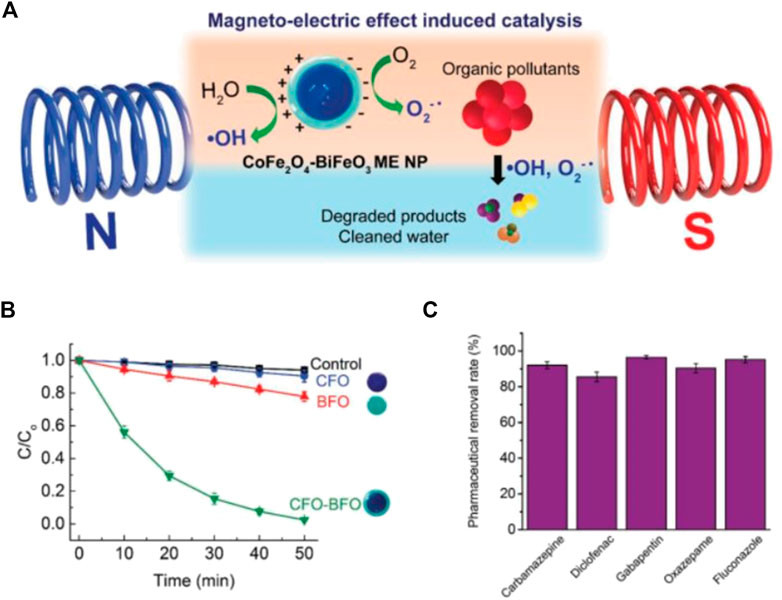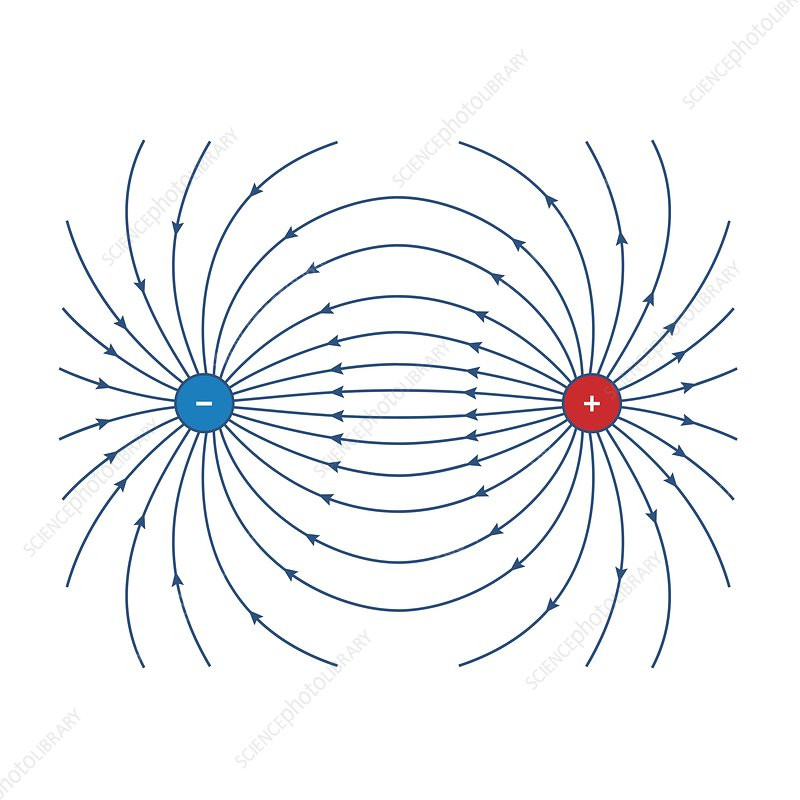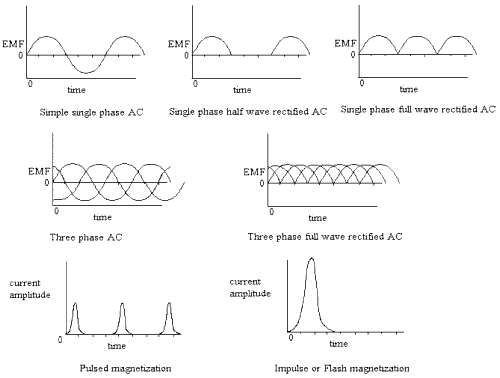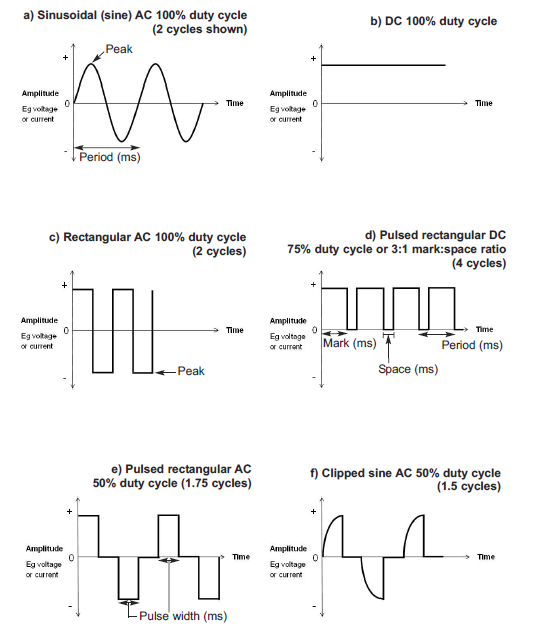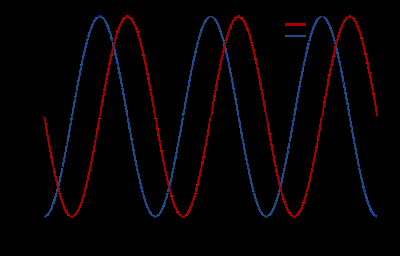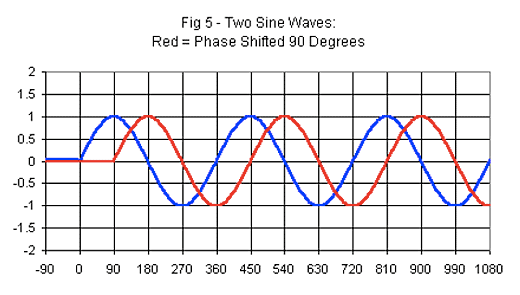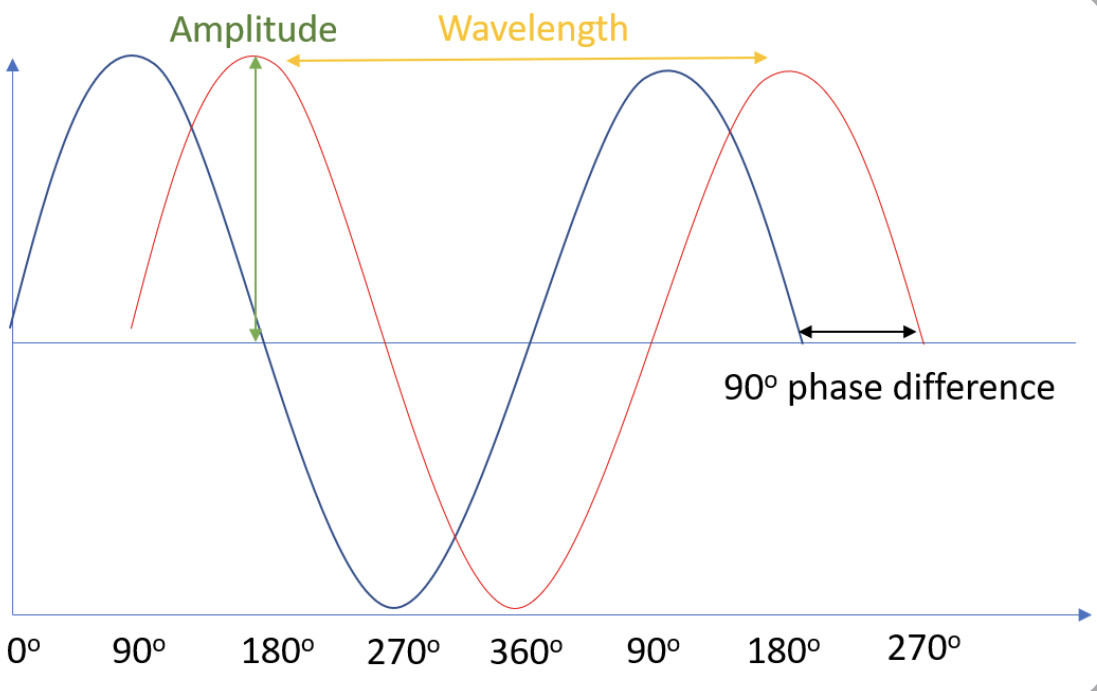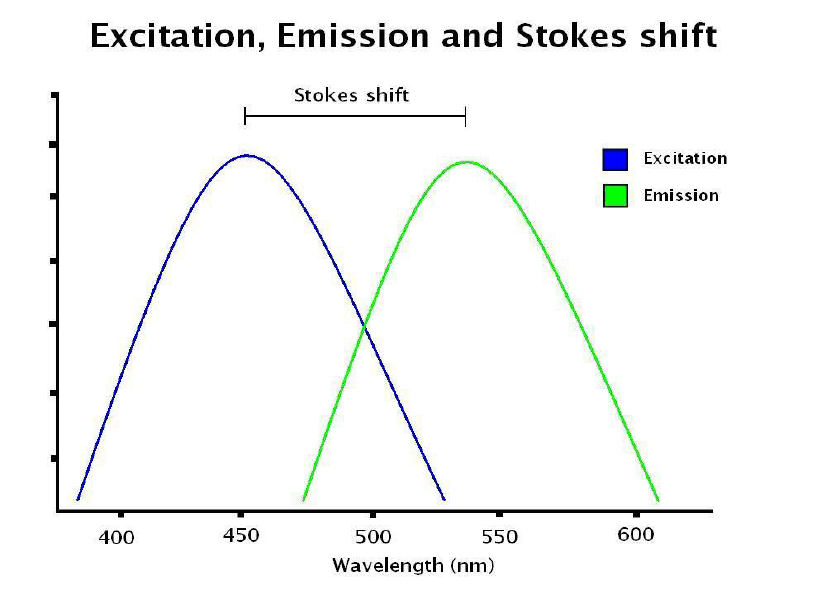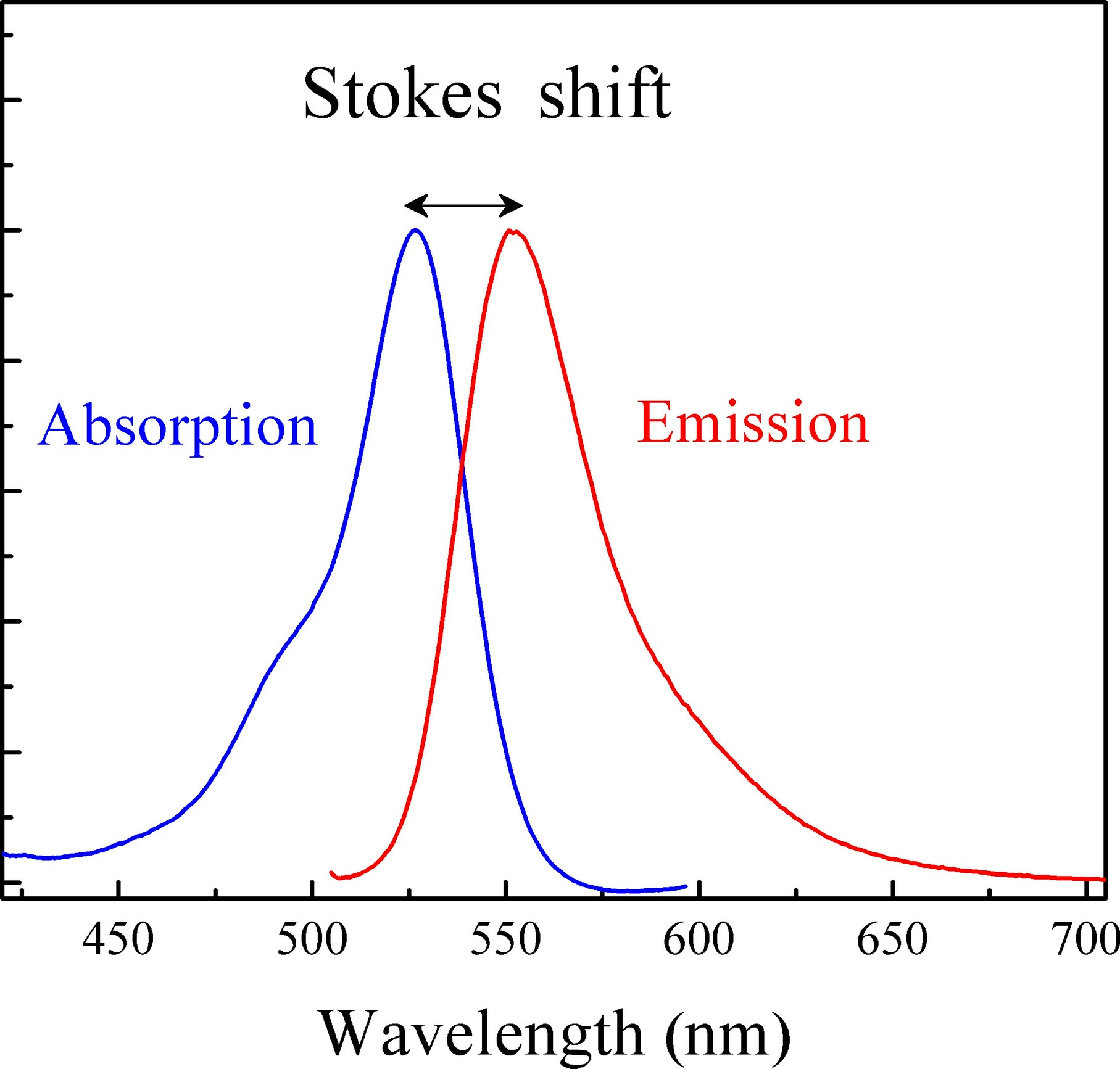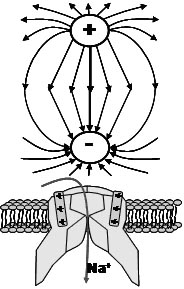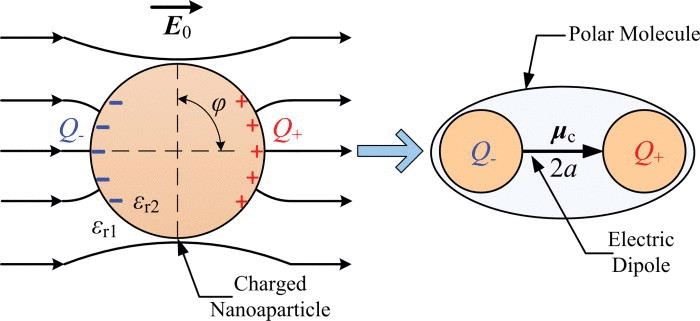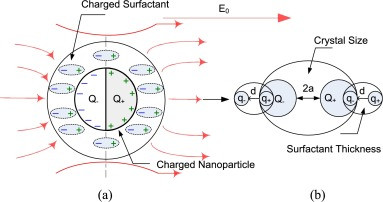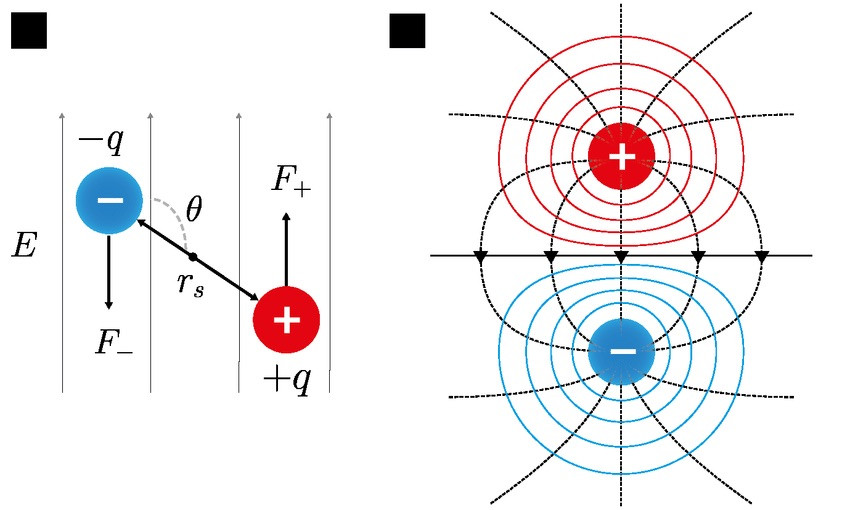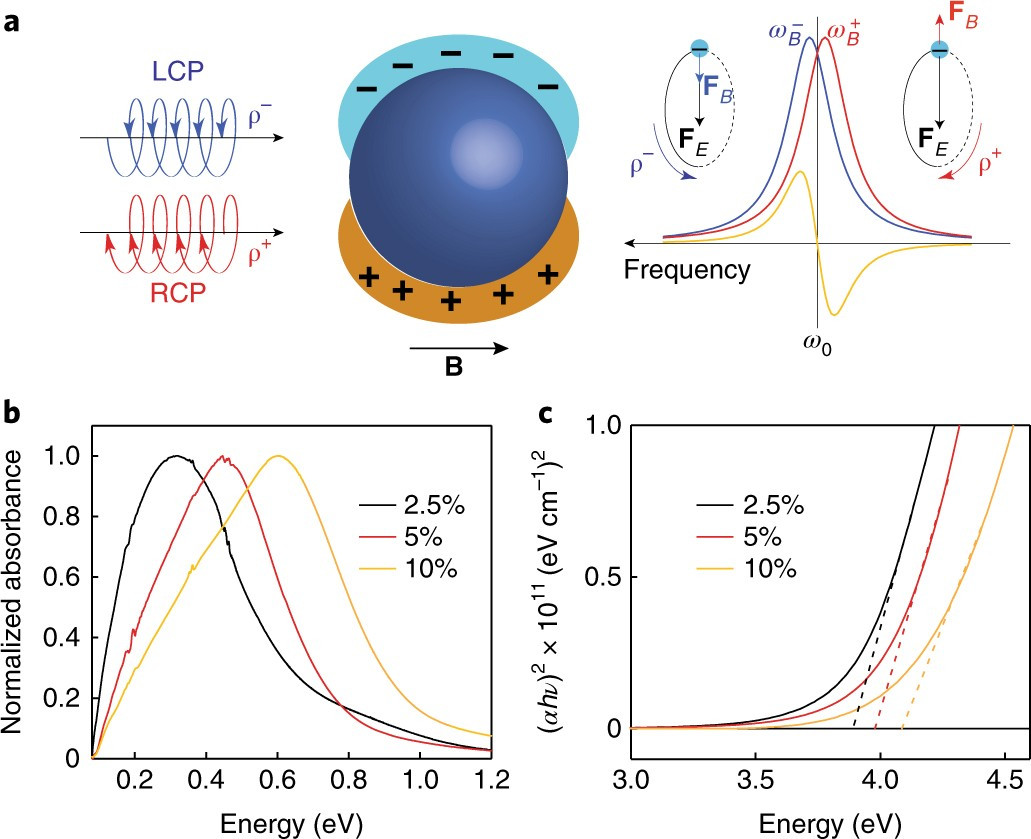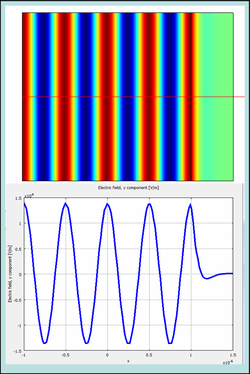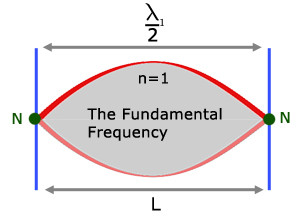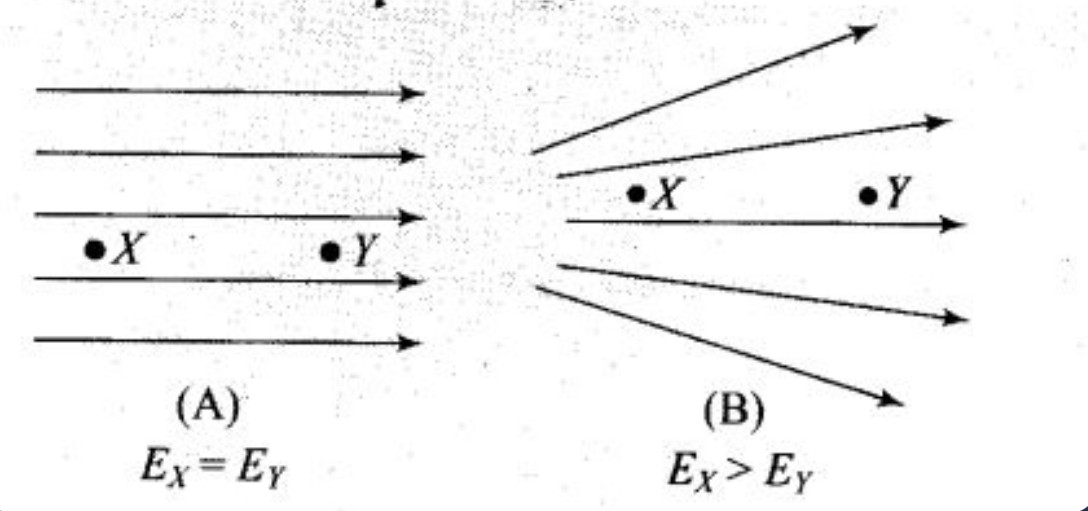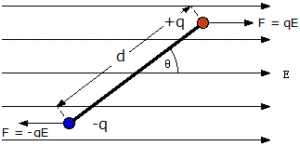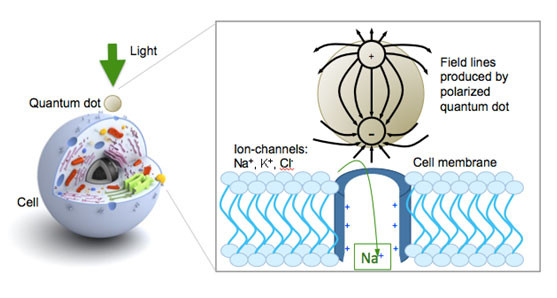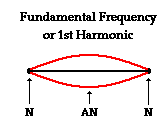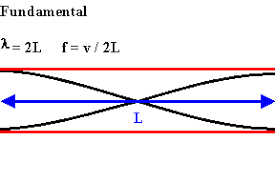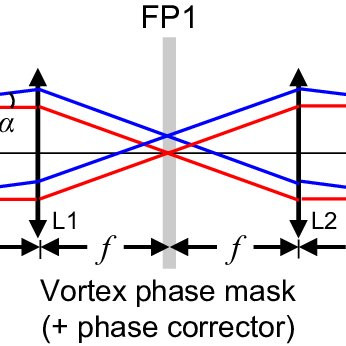F E A R E D
be afraid of (someone or something) as likely to be dangerous, painful, or harmful.
Only followers of this user (@Joey) can see their posts
Synthesis of the core/shell-structured Fe3O4/Au nanoparticles by trapping Fe3O4 inside hollow Au nanoparticles is described. The produced composite nanoparticles are strongly magnetic with their surface plasmon resonance peaks in the near infrared region (wavelength from 700 to 800 nm), combining desirable magnetic and plasmonic properties into one nanoparticle.
there is an inevitable need to address the issue of safety and health effects of these nanoparticles. Hence, the present study was aimed to assess the cytotoxic effects of IONPs on rats' lymphocytes. Using different assays, we studied diverse parameters including mitochondrial membrane potential, intracellular accumulation of reactive oxygen species (ROS), lactate dehydrogenase activity, antioxidant enzymes activity and DNA damage measurements. Intracellular metal uptake and ultrastructure analysis were also carried out through inductively coupled plasma atomic emission spectroscopy, transmission electron microscopy respectively.
The results show that the IONP-induced oxidative stress was concentration-dependent in nature, with significant (P < 0.05) increase in ROS levels, lipid peroxidation level as well as depletion of antioxidant enzymes and glutathione. Moreover, we observed morphological changes in the cell after intracellular uptake and localization of nanoparticles in cells. From the findings of the study, it may be concluded that IONPs induce ROS-mediated cytotoxicity in lymphocytes.
aired
simple past tense and past participle of air
See also
aired-out
Adjective
aired (not comparable)
(of a complaint or problem) Having been uttered or spoken of, such that certain persons are aware.
(of a show) Having been broadcast, such as on television or radio
be
/biː/
verb
3rd person present: are
1.
exist.
"there are no easy answers"
Old English bēon, an irregular and defective verb, whose full conjugation derives from several originally distinct verbs. The forms am and is are from an Indo-European root shared by Latin sum and est . The forms was and were are from an Indo-European root meaning ‘remain’. The forms be and been are from an Indo-European root shared by Latin fui ‘I was’, fio ‘I become’, and Greek phuein ‘bring forth, cause to grow’. The origin of are is uncertain.
ared
simple past tense and past participle of aread
From Old English arēdan, arǣdan, corresponding to a- + read. Cognate with German erraten.
Verb
aread (third-person singular simple present areads, present participle areading, simple past and past participle ared)
(obsolete) To soothsay, prophesy. [11th-17th c.]
(obsolete) To interpret; to explain. [11th-19th c.]
(obsolete) To advise, counsel. [16th-17th c.]
Rate equations are used to study the dynamic magnetic properties of interacting magnetite nanoparticles viewed as double well systems (DWS) subjected to a driving field in the radio-frequency range. Dipole–dipole interaction among particles is modeled by inserting an ad-hoc term in the energy barrier to simulate the dependence of the interaction on both the interparticle distance and degree of dipole collinearity. The effective magnetic power released by an assembly of interacting nanoparticles dispersed in a diamagnetic host is shown to be a complex function of nanoparticle diameter, mean particle interdistance and frequency.
Dipolar interaction markedly modifies the way a host material is heated by an assembly of embedded nanoparticles in magnetic hyperthermia treatments. Nanoparticle fraction and strength of the interaction can dramatically influence the amplitude and shape of the heating curves of the host material; the heating ability of interacting nanoparticles is shown to be either improved or reduced by their concentration in the host material. A frequency-dependent cut-off length of dipolar interactions is determined and explained. Particle polydispersity entailing a distribution of particle sizes brings about non-trivial effects on the heating curves depending on the strength of dipolar interaction.
red-hot
/rɛdˈhɒt/
adjective
1.
so hot as to glow red.
"And war broke out in Heaven. Michael and his angels fought against Dragon. Dragon and his angels fought back, but they were defeated, and there was no longer any place for them in Heaven. Dragon the Great was thrown down, that ancient serpent who is called Devil and Satan, the one deceiving the whole inhabited World – he was thrown down to earth and his angels were thrown down with him." Then a voice booms down from Heaven heralding the defeat of "the Accuser" (ho Kantegor), identifying the Satan of Revelation with the satan of the Old Testament.
In Revelation 20:1–3, Satan is bound with a chain and hurled into the Abyss, where he is imprisoned for one thousand years. In Revelation 20:7–10, he is set free and gathers his armies along with Gog and Magog to wage war against the righteous, but is defeated with fire from Heaven, and cast into the lake of fire.
herald
/ˈhɛr(ə)ld/
verb
gerund or present participle: heralding
be a sign that (something) is about to happen.
"the speech heralded a change in policy"
signal
indicate
announce
point to
spell
presage
augur
portend
promise
prefigure
foreshadow
foretell
usher in
show in
pave the way for
open the way for
be a harbinger of
be a forerunner
be a precursor of
precede
come before
forebode
foretoken
betoken
harbinger
acclaim.
alternating current
noun
an electric current that reverses its direction many times a second at regular intervals, typically used in power supplies.
Magnetic hyperthermia aims to produce the local heating by a magnetically-mediated heating of low-frequency electromagnetic waves, through the power absorption by magnetic nanoparticles. This technique is one of the most important approaches to induce the local heating by low electromagnetic radiation.
'Red shift' is a key concept for astronomers. The term can be understood literally - the wavelength of the light is stretched, so the light is seen as 'shifted' towards the red part of the spectrum. Something similar happens to sound waves when a source of sound moves relative to an observer.
adversary (plural adversaries)
An opponent or rival.
He prepared to fight his adversary.
In antenna theory, a phased array usually means an electronically scanned array, a computer-controlled array of antennas which creates a beam of radio waves that can be electronically steered to point in different directions without moving the antennas.
adversarial (comparative more adversarial, superlative most adversarial)
Characteristic of, or in the manner of, an adversary; combative, hostile, opposed.
Borrowed from post-classical Latin oppositiō (translating Ancient Greek ἀντίθεσις (antíthesis)), from the past participle stem of classical Latin oppōnō (“I set against”).
Old English fers, from Latin versus ‘a turn of the plough, a furrow, a line of writing’, from vertere ‘to turn’; reinforced in Middle English by Old French vers, from Latin versus .
A verse is a repeated section of a song that typically features a new set of lyrics on each repetition. ... And while choruses typically contain a song's signature musical motif, the music of a verse is often written to complement the chorus music.
Before 1935, all scholars held that Moloch was a pagan deity, to whom child sacrifice was offered at the Jerusalem tophet. The medieval rabbinical tradition understood Moloch as closely related to other similarly named deities mentioned in the bible such as Milcom, Adrammelek, and Anammelech. The medieval rabbinical tradition also connected Moloch to reports of ancient Phoenician and Carthaginian child sacrifice; both of these rabbinical ideas were taken over by early modern scholarship. Some modern scholars have proposed that Moloch may be the same god as Milcom, Adad-Milki, or an epithet for Baal.
Anammelech (Hebrew: עֲנַמֶּלֶךְ ʿAnammelekh), according to the Hebrew Bible, was a Syrian and Mesopotamian goddess worshipped alongside Adrammelech. She is a lunar deity and is said to have been worshipped at Sepharvaim, an Assyrian town. She is possibly the daughter of Anu as her name means "Anu is king."
to begin life anew
start anew
node c (singular definite noden, plural indefinite noder)
(music) note
antinode (plural antinodes)
(physics) A region of maximum amplitude situated between adjacent nodes of a vibrating body, such as a string
Noahide (plural Noahides)
A descendant of Noah.
From Middle English hiden, huden, from Old English hȳdan (“to hide, conceal, preserve”), from Proto-West Germanic *hūdijan (“to conceal”), from Proto-Germanic *hūdijaną (“to conceal”), from Proto-Indo-European *(s)kewdʰ- (“to cover, wrap, encase”), from Proto-Indo-European *(s)kewH- (“to cover”).
hide (third-person singular simple present hides, present participle hiding, simple past hid, past participle hidden or (archaic) hid)
(transitive) To put (something) in a place where it will be harder to discover or out of sight.
sight (countable and uncountable, plural sights)
(in the singular) The ability to see.
Nanoparticles for cell labeling
Ashwinkumar Bhirde, Jin Xie, [...], and Xiaoyuan Chen
Additional article information
Abstract
Cell based therapeutics are emerging as powerful regimens. To better understand the migration and proliferation mechanisms of implanted cells, a means to track cells in living subjects is essential, and to achieve that, a number of cell labeling techniques have been developed. Nanoparticles, with their superior physical properties, have become the materials of choice in many investigations along this line.

